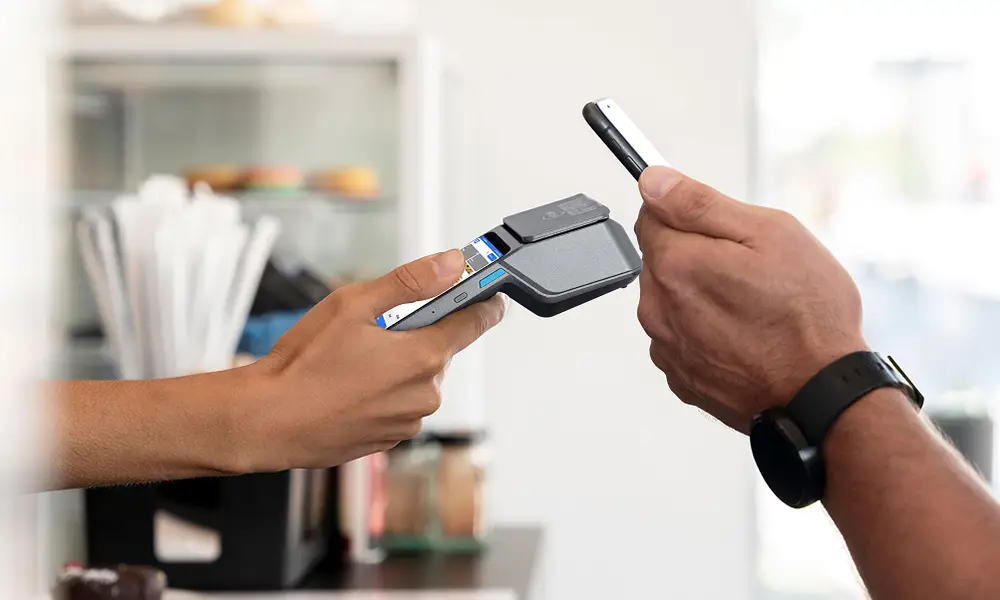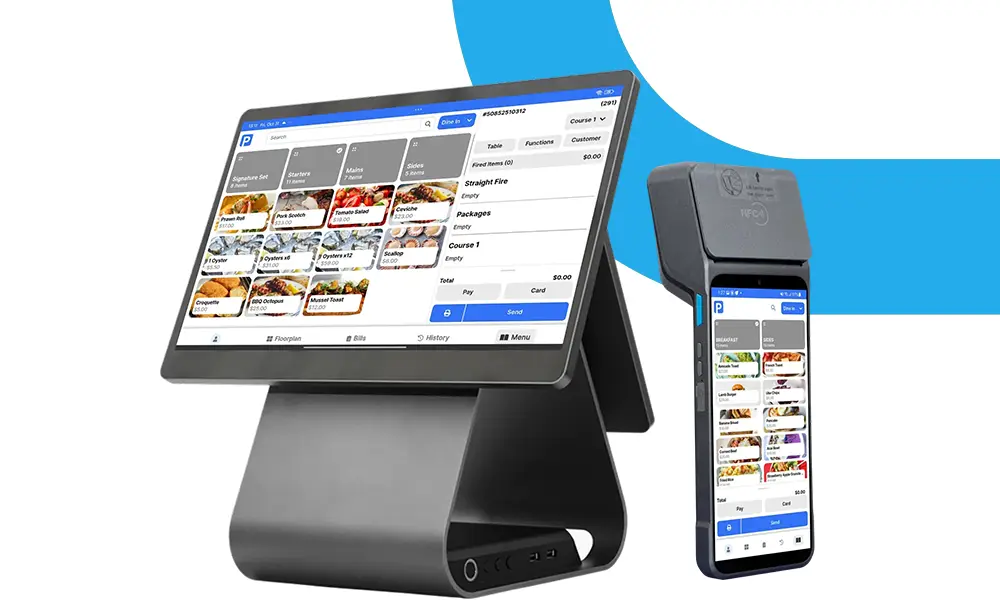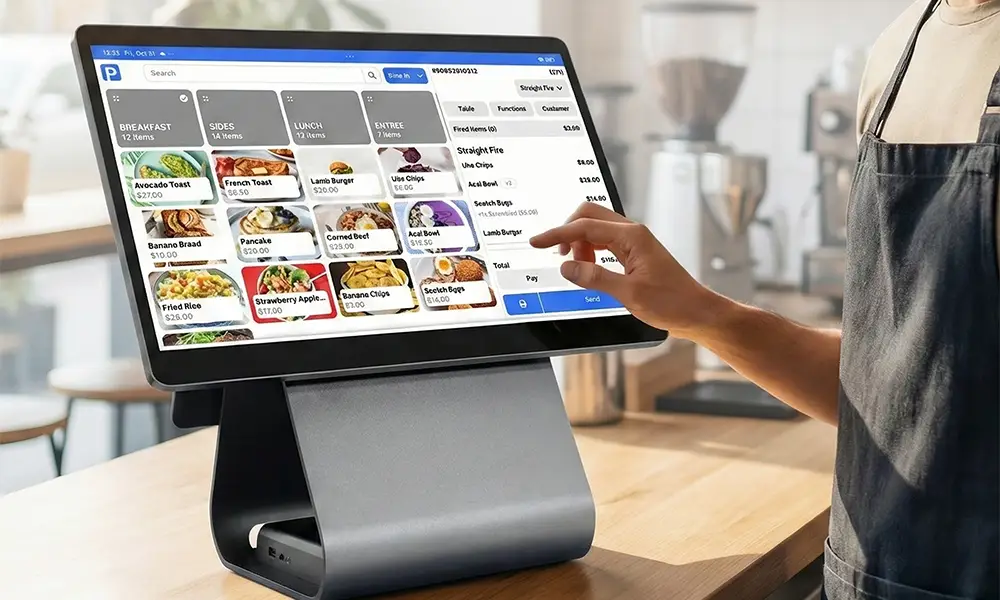It hits the till just as you hand over the card. The coffee that should have cost $5 is now $5.50. That extra 50 cents? One of those hidden POS fees that sneak in when you’re not watching. You’re done sorting stock, training staff, and you finally choose a POS system. You expect cost clarity. But most articles only list generic traps. You want details now.
You came here because you're ready to decide. You need to know what fees can eat into your margin. This blog names the exact spots in merchant agreements and setup quotes where fees hide. Now let’s get into it.
Costs You Won’t Find in Most Comparisons
Some POS providers advertise low processing rates, then add a monthly rental charge per terminal. It might read as “zero cost processing,” but then a $30‑a‑month hardware fee appears. That doubles your spend before transaction fees. Many comparison posts skip this line. Now you know to always ask: “What is the monthly terminal cost?”
Establishment or onboarding fees
You may see “no setup cost” on a website. But the fine print lists an “establishment fee” per facility. That can run hundreds of dollars if you add multiple POS points. Most content misses this; you can ask directly.
Minimum volume conditions for “fee‑free” plans
Some describe “fee‑free EFTPOS.” But that only applies if you process over, say, $10,000 a month. If you fall below, the low rates vanish. Many articles say “no hidden fee,” but they don’t clarify volume thresholds.
Regulatory Traps and Surcharge Rules
Yes, surcharges are legal. But they cannot exceed your actual cost of acceptance. For small businesses, the cost ranges approximately 0.85 %–2 % on debit/EFTPOS and 1 %–2 % on credit cards. If you charge a 2.5% surcharge, it’s likely illegal.
Flat‑fee surcharges on small transactions.
If you add a flat fee, for example, 50¢ on any transaction under $10, that may mean you charge more than your cost. On a $5 sale, 50¢ is a 10% surcharge. That breaks ACCC rules.
No requirement to offer a surcharge‑free option
Despite cost-of-living concerns, businesses aren’t legally bound to offer a surcharge-free payment method, even if they refuse cash. That loophole means customers pay for access to their money. Regulators are reviewing reforms, but right now, the rule stands.
Contract Fees That Sneak In Later
Your merchant agreement might charge a monthly “statement‑keeping” or “membership” fee. You may never spot it until you get your first bill. These are often excluded from headline processing rates.
Batch processing or settlement fees
Each time you close out a batch or settle payments, you might pay a fee. Over weeks, that adds up, but it rarely appears in the pricing guides.
Chargeback or late payment fines
Your agreement may include chargeback fees, sometimes $10 or more per reversal. If a customer disputes a transaction, this cost comes out of your pocket. Many comparison pieces never mention these penalties.
Action Checklist Before Choosing a POS or Merchant Plan
- Ask for a breakdown: terminal rental, statement fees, and onboarding charges.
- Confirm if “zero-cost” depends on transaction volume.
- Compare the cost of acceptance ranges to your surcharge rate.
- Watch for flat or fixed surcharge traps on small transactions.
- Check for batch settlement and chargeback costs.
- Clarify if they require contract lengths or impose exit fees.
- Ensure surcharge-free options are visible at the point of sale.
Conclusion
You’ve seen where hidden POS fees hide, in hardware, contracts, surcharges, and processing structures. Real operators need this depth to avoid surprises.
You’re ready to choose a system that lines up with your margins and doesn’t treat transparency as optional.
To keep that clarity rolling, check the Payflo homepage for clear pricing and honest terms, and when you’re ready for a conversation, head to Contact Us. No traps. Just clarity.
FAQ
What is the typical surcharge cost businesses can apply?
Small businesses’ cost of acceptance ranges from about 0.85 % to 2 % for debit/EFTPOS and 1 % to 2 % for credit cards. Charging more risks breaching ACCC rules.
Do I have to offer a surcharge‑free payment option?
No. Current law doesn’t require businesses to offer surcharge-free options, even if they don't accept cash. That may change, but not yet.
What risks come with flat‑fee surcharges on small purchases?
Flat fees like 50¢ on transactions under $10 can translate to surcharge percentages much higher than your actual costs, making them potentially illegal.
What hidden fees are common in merchant contracts?
Watch out for statement-keeping, batch settlement, chargeback, membership, and onboarding fees, none of which show up in headline processing rate pitches.
How can I avoid surprise fees after signing?
Request a full fee schedule, ask about contract length, exit fees, and volume conditions. Use the checklist above to cover all major risk points.


%201.svg)
%201.svg)





.png)
.png)
